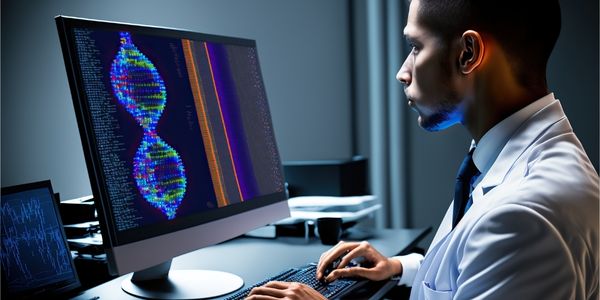CLC Genomics Workbench is a powerful analysis tool for genomics, transcriptomics, and epigenomics research. HSLS has had an institute-wide access license for CLC Genomics Workbench since 2014; new features of the software are now available in the recently released version 23.02.
HSLS MolBio invites you to learn more about how CLC Genomics Workbench can assist you with your NGS data analysis projects through two workshops on Wednesday, March 22, 2023. The classes are led by Shawn Prince, Qiagen’s senior field application scientist.
CLC Genomics Workbench Overview (10:30 a.m. to noon) introduces CLC Genomics Workbench and its features, such as unique read mapping and de novo assembly, resequencing workflows, ChIP-seq and RNA-seq applications, and more. It also highlights what’s new in version 23.02, such as super-fast fastq to VCF read mapping, bulk RNA seq improvements, single-cell analysis tools, and more.
- Register for the online session of CLC Genomics Workbench Overview (Zoom meeting link will be shared via email)
- Register for the in-person session of CLC Genomics Workbench Overview (Falk Library, Classroom 2)
The afternoon session, Exploring Microbial Genomics with CLC Genomics Workbench (1 p.m. to 3 p.m.), focuses on microbial genomics data analysis. The QIAGEN CLC Microbial Genomics Module offers tools and workflows for various bioinformatics applications, such as microbiome analysis, isolate characterization, functional metagenomics, and antimicrobial resistance characterization. The module allows you to examine bacterial, viral, and eukaryotic (fungal) genomes and metagenomes. The workshop covers how to perform microbial genomics tasks such as AVS analysis, hybrid viral sequencing, whole genome taxonomies profile, and AMR detection.
- Register for the online session of Exploring Microbial Genomics with CLC Genomics Workbench (Zoom meeting link will be shared via email)
- Register for the in-person session of Exploring Microbial Genomics with CLC Genomics Workbench (Falk Library, Classroom 2)

